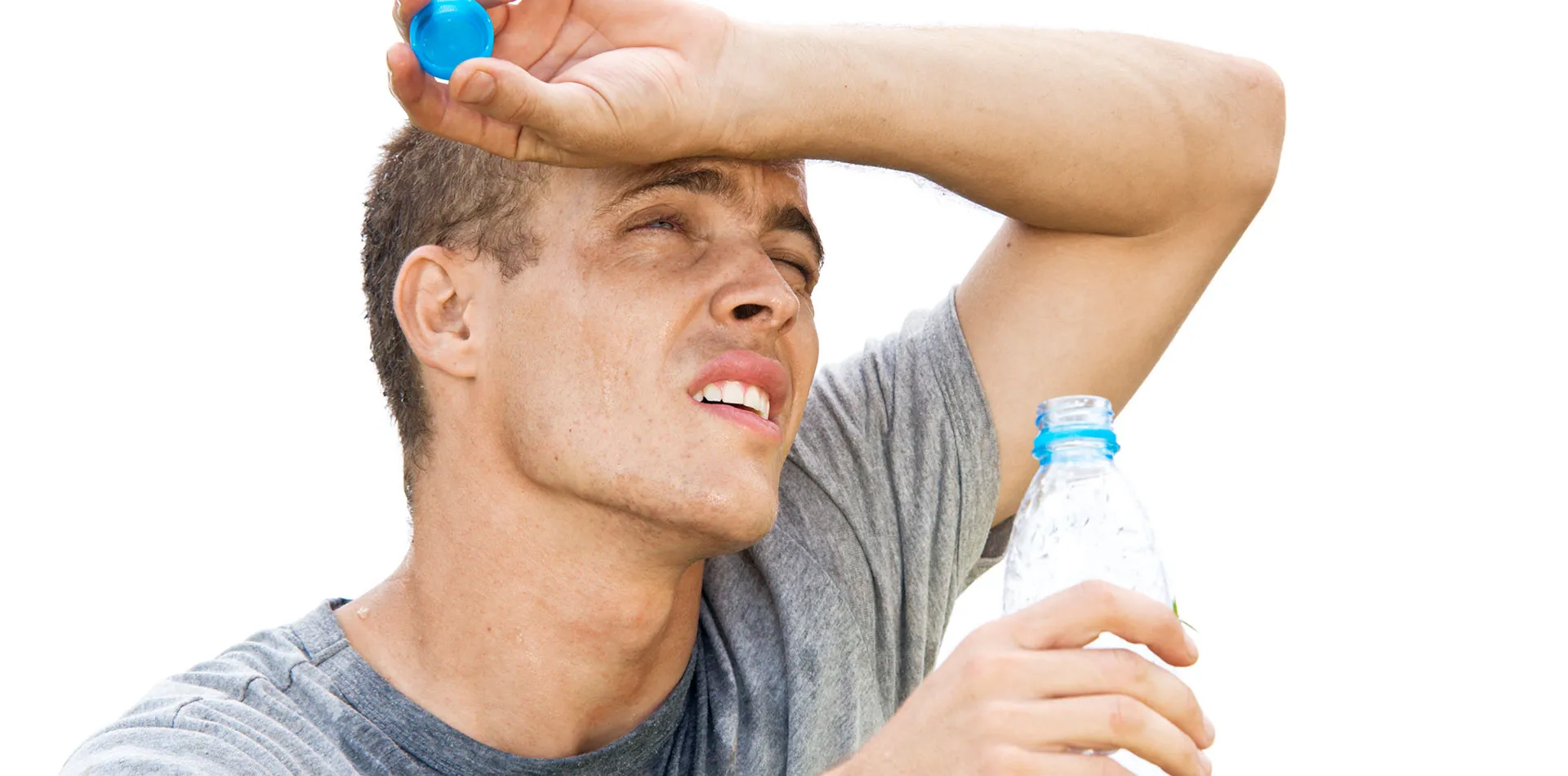
Heat exhaustion, a condition causing heavy sweating and a rapid pulse, occurs due to the body's overheating. This heat-related state causes heat cramps in its mildest nature to heatstroke - a severe life-threatening condition. Exposure to high temperatures, high humidity, and strenuous physical activity can lead to heat exhaustion, resulting in heat stroke in extreme cases.
The common signs of heat exhaustion may include heavy sweating, faintness, dizziness, fatigue, moist skin with goosebumps during the heat. You may also have a weak and rapid pulse, muscle cramps, nausea and headaches.
When you experience heat exhaustion, stop all activity and rest, drink cold water or sports drinks, and move to a cooler temperature area to relax your body away from heat. Visit the doctor when signs worsen, or your condition does not improve within one hour.
When someone shows the signs of heat exhaustion, get immediate medical attention, especially when he is confused or agitated, loses consciousness, or cannot drink. Urgent medical attention is needed to cool the body if the body's temperature touches 104 F (40 C) or higher.
The body's heat and environmental heat is the core temperature or the body's internal temperature. Your body must sustain its core temperature, approximately 98.6 F (37 C), regulating the heat gain in warm weather and heat loss in cold weather from the environmental conditions.
The body's inability to cool itself, managing environmental changes leads to heat issues.
In warmer seasons, the body cools itself with sweating, wherein evaporation of sweat regulates the body temperatures. However, with strenuous exercises or overexertion in warm, humid weather, the body is less capable of cooling it adequately.
In such cases, it can lead to developing heat cramps, the mildest form of heat-related illness, which includes heavy sweating, fatigue, thirst and muscle cramps. Proper care can prevent heat cramps from advancing to heat exhaustion. You must drink fluids or sports drinks containing electrolytes (Gatorade, Powerade, others) and get into cooler temperatures, like an air-conditioned or shaded area, and take a rest.
The other factors that trigger heat exhaustion are dehydration that lessens the body's capacity to sweat and maintain a normal temperature. Consuming alcohol also affects the body in regulating its temperature or wearing clothing that doesn't let sweat evaporate quickly.
Heat exhaustion, when untreated, can lead to heatstroke that is a life-threatening condition causing the core body temperature to reach 104 F (40 C) or higher. This state requires immediate medical attention to limit permanent damage to the brain and other vital organs, resulting in death.
Take the following precautions to limit heat exhaustion and other heat-related illnesses:
Patient Experience